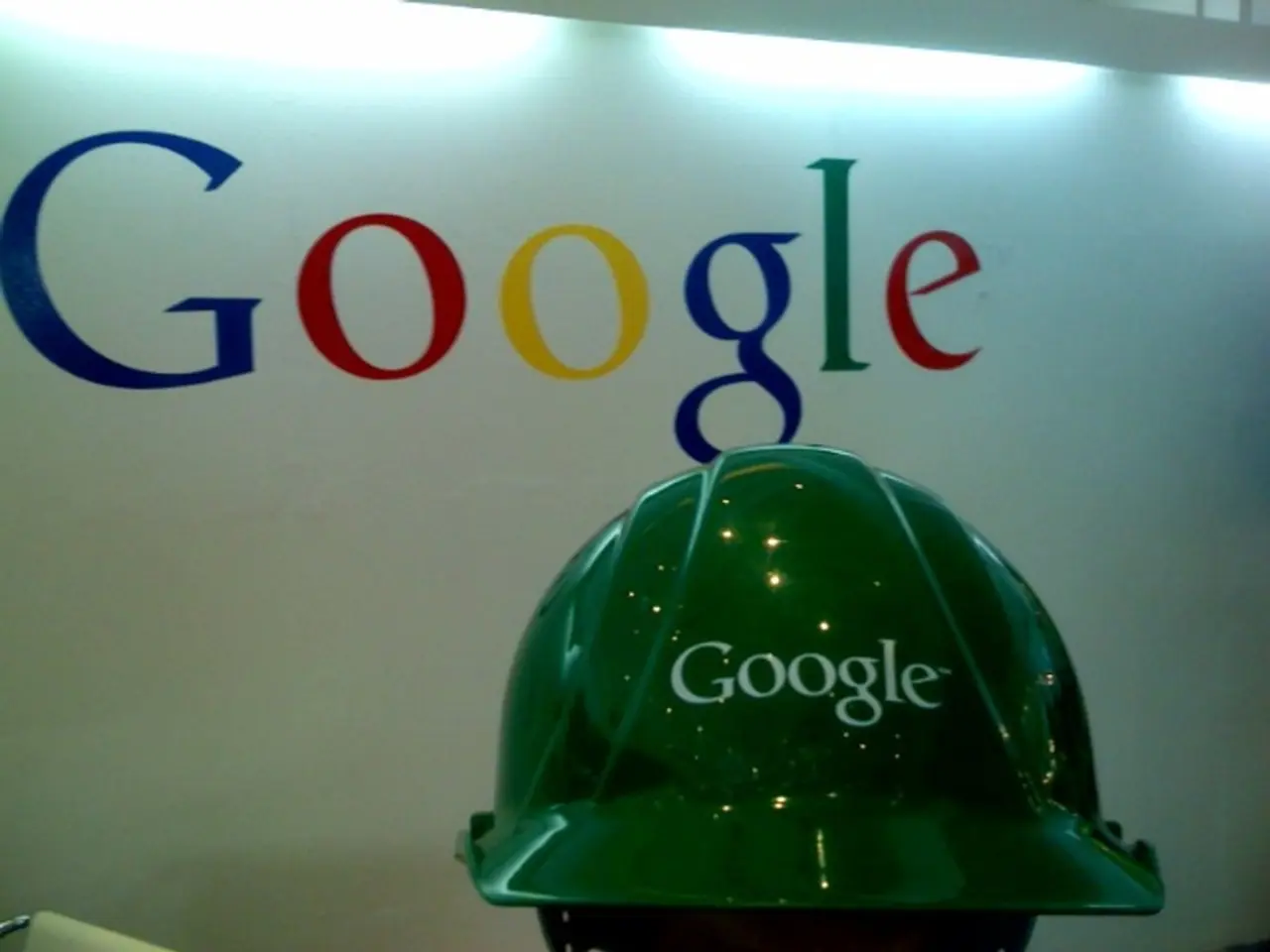Court rules Google exempt from selling Chrome and Android
In a significant decision, Judge Amit Mehta in Washington has ruled against the US government's attempt to break up Google, including its Chrome and Android divisions. However, the court's verdict does impose certain restrictions on Google's search engine business.
The lawsuit, filed at the end of Donald Trump's first term as US President in 2020 by the Federal Trade Commission (FTC), argued that Google had abused its market dominance in search engines. The judge's ruling took into account the rapidly growing business of artificial intelligence and new Google competitors.
Google is not required to separate from Chrome and Android, but it will have to share some data from its search engine with competitors, including parts of the search engine index and some user interaction information. This shared data is intended to help rival search engines like Microsoft's Bing and DuckDuckGo, as well as AI companies like OpenAI (developer of ChatGPT) and Perplexity, in developing their competing products.
The measures ordered by the judge are expected to promote more competition in artificial intelligence. Google cannot make exclusive agreements for the distribution of its services, but can still pay other companies like Apple or Mozilla to pre-install or prominently feature its services. For Mozilla, the pre-installation of Google Search in the Firefox browser is a major source of income. Apple receives billions of dollars for having Google Search pre-installed as the default on iPhones.
Google's parent company Alphabet's stock rose by 6.7 percent in after-hours trading following the court's verdict. Apple's stock also rose nearly three percent due to Google's earnings in the services sector. Investor Gene Munster commented on the verdict, stating "nothing changes in the end."
Jonathan Kanter, who was involved in the lawsuit against Google, considered it a partial success for the government. Google has already announced its intention to appeal the verdict. Perplexity had expressed interest in buying Chrome if courts ordered it to be spun off, but this option is no longer on the table.
The US government is considering its next steps following the verdict. The FTC has announced that it is considering its next steps regarding the ruling against Google to improve the competitive situation in the field of artificial intelligence. Google is concerned about the potential impact on data privacy of sharing search engine information.
The court ruling comes at a time when tech giants are under increasing scrutiny for their market dominance. The decision serves as a reminder that while these companies hold significant power, they are not immune to regulatory intervention. The future of Google and its competitors in the US market remains uncertain, as both sides prepare for the next steps in this ongoing battle for dominance in the tech industry.
Read also:
- Peptide YY (PYY): Exploring its Role in Appetite Suppression, Intestinal Health, and Cognitive Links
- Toddler Health: Rotavirus Signs, Origins, and Potential Complications
- Digestive issues and heart discomfort: Root causes and associated health conditions
- House Infernos: Deadly Hazards Surpassing the Flames








